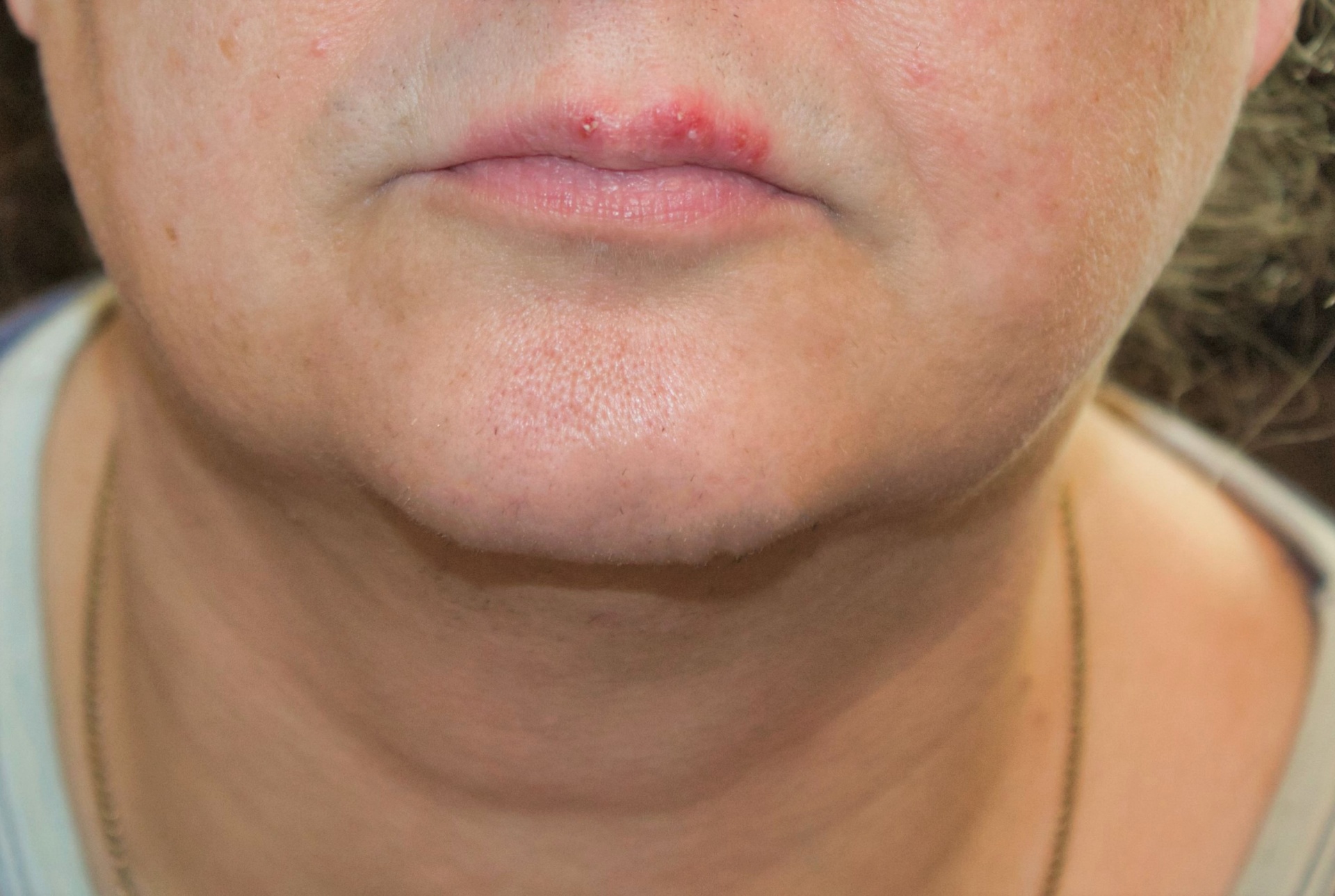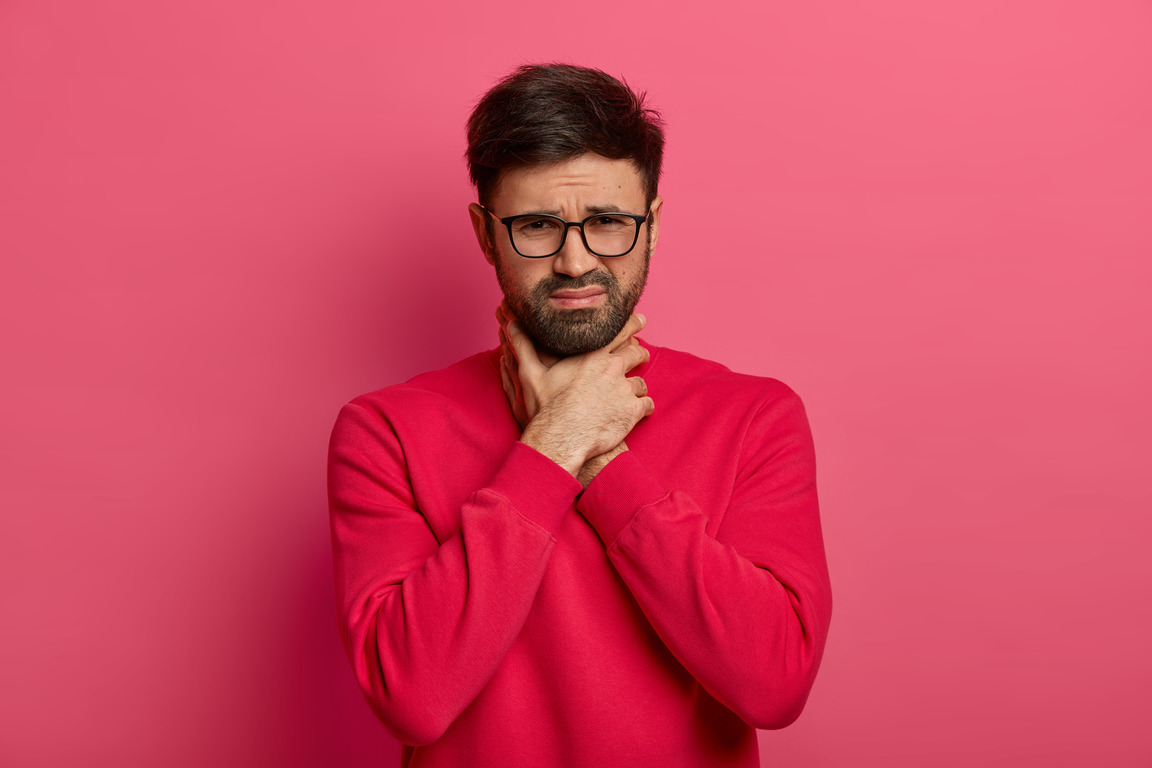Since 2002, there have been several serious outbreaks of contagious and deadly diseases the world over. In 2002 it was SARS, which started in Southern China; in 2009 it was H1N1 influenza, which began in Mexico; in 2014 it was Ebola, which spread across the world from West Africa, and now it is the Coronavirus or COVID-19, which also began in China.
Lessons From Previous Pandemics
What previous pandemics have taught the world is that there is no amount of preparedness that will keep people from contracting a deadly virus. The development of vaccinations takes a long time, more like several years rather than months. There is also a need for volunteers. These are individuals who are willing to test the inoculations before they are distributed to the world’s population. Clinical trials are also in need of a great amount of funding, either from a government or personal and private donations.
Stay Home if You Are Sick
Individuals and groups of people can take precautions, but there are going to be people who will still go to work or out to the grocery store when they are sick. This is how viruses are spread.
Of course, there are different degrees of illness, and someone with the common cold may not be able to stay home from work. There are individuals who live alone and have no one to shop or care for them. There is also a large amount of the population, at least in the United States, that do not have health insurance that covers them to visit a doctor or get the proper medications.
However, if you are working with the public, as a restaurant wait-staff, in a school or department store, you need to stay home. Someone in a typical office setting is also encouraged to limit their contact with coworkers and/or stay at home until you feel better.
Besides insurance concerns, there is a great amount of the general population that will not be paid if they call in sick. This affects more than just the ill person and their ability to put food on their table. This person will be unable to spend money because they don’t have it. In turn, this affects the larger picture, the economy.
What You Can Do To Help Prevent The Spread
Yes, hand washing and covering your mouth and nose when you sneeze and/or cough is helpful, but there is a lot more you can do. Starting with keeping yourself and your family healthy.
If someone in your family is sick, the entire family should stay away from others. Carriers of illness may not show any signs of sickness. There is a fine line between limiting your activity and stopping your life altogether. You will need to use common sense.
When you are out and about, do not touch things that thousands of other people may have touched. This list included doorknobs, handrails, and elevator buttons. And always, always, wash your hands after using a public restroom. You should also wash your hands after using your own bathroom.
A small amount of precaution and a lot of common sense will help everyone remain safe and healthy in an era of widespread illness.




